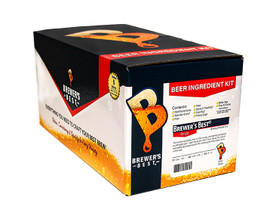Toasted Coconut Stout Beer Kit
Brand : Label Peelers
- SKU:
- LP-toasted-coconut-stout
- UPC:
- 810194952432
- Shipping:
- Calculated at Checkout

Your Label Peelers Toasted Coconut Stout Original Beer Kit never sits on a shelf. Your grains are crushed to order. Your ingredients are packed fresh and you don't pay for a flashy box. It's all about providing you with the freshest ingredients for you to make your best beer.
Enter a tropical paradise with the Toasted Coconut Stout Beer Kit, where every sip is like a mini-vacation for your taste buds. Imagine yourself lounging on a sun-drenched beach, the gentle waves lapping at your feet, as you savor the brilliant mix of citrus nuts and coconut undertones that this stout offers. This beer kit captures the essence of summer, perfect for those moments when you're yearning for a taste of the tropics while stuck indoors.
Your brewing journey begins with 7 lbs. of Dark Dry Malt Extract, laying down a rich, malty foundation that sets the stage for the symphony of flavors to come. The 1 lb. of Caramel 80L Malt adds a touch of sweetness, reminiscent of caramelized sugar, while the 8 oz. of Roasted Barley Malt introduces a subtle, roasted depth that balances the sweetness perfectly. As you brew, the air will be filled with the tantalizing aroma of 1 oz. of Citra Hops and 1 oz. of Sabro Hops, infusing your stout with vibrant citrus notes and a hint of tropical fruitiness.
To ensure your brew is as clear as a pristine ocean, the Yeast Energizer and Irish Moss Combo Packet work their magic, while the 1 Packet of Dry Yeast (SafAle S-04) brings it all to life, fermenting your creation into a masterpiece. The pièce de résistance, 4 oz. of Toasted Coconut, weaves its way through the stout, imparting a luscious, nutty flavor that transports you straight to a coconut grove.
With the Toasted Coconut Stout Beer Kit, you're not just brewing beer; you're crafting an experience. Whether you're reminiscing about sun-soaked days or dreaming of your next getaway, this stout is your perfect companion. So, grab your kit, roll up your sleeves, and let the tropical adventure begin!
INGREDIENTS
HOPS SCHEDULE
INSTRUCTIONS
If you are making a beer kit for the first time, an equipment kit is a great and low-stress way to get all the equipment you need to make your Toasted Coconut Stout.
This Brewer's Best Equipment Kit is top of the line and comes complete for a beginner brewer.
- Equipment kit includes:
- 6.5 Gallon "Ale Pail" Primary Fermenter with Grommeted Lid
- 6.5 Gallon "Ale Pail" Bottling Bucket with Spigot
- Easy Clean No-Rinse Cleanser
- Auto-Siphon
- 5 Gallon Glass Carboy
- Plastic Paddle
- Carboy Brush
- Hydrometer
- Liquid Crystal Thermometer
- Bottle Brush
- Black Beauty Capper
- Econolock
- Drilled Bung
- Lab Thermometer
- Bottle Filler
- Siphon Hose with Shut-off Clamp
- IO-Star
- 20 qt. Brew Pot
- Equipment Instructions
Good sanitation practices are absolutely fundamental to good beer making. Five Star San is the premier sanitizer you will need to make your Toasted Coconut Stout beer kit. A great practice for extra protection is to have a spray bottle filled with sanitizing solution so you can re-sanitize everything that touches or goes near your beer. Sanitation is much more difficult with beer than wine because beer has a higher pH. Wine's high acidity makes bacterial infection less likely but with beer, one small mishap can cost you your batch.
When your Toasted Coconut Stout is done, you will need bottles. This standard 12 ounce bottle is a good choice. You will need 54 for a 5 gallon batch. Bottles do not come with caps.
The 5 gallon carboy pictured here is the standard size for any beer kit. If you have never worked with a carboy, it is important to know they should not be moved full without a carboy handle or a carrier.
The pot pictured is an 8 gallon pot that is perfect for any beer kit or a standard 5 gallon batch.
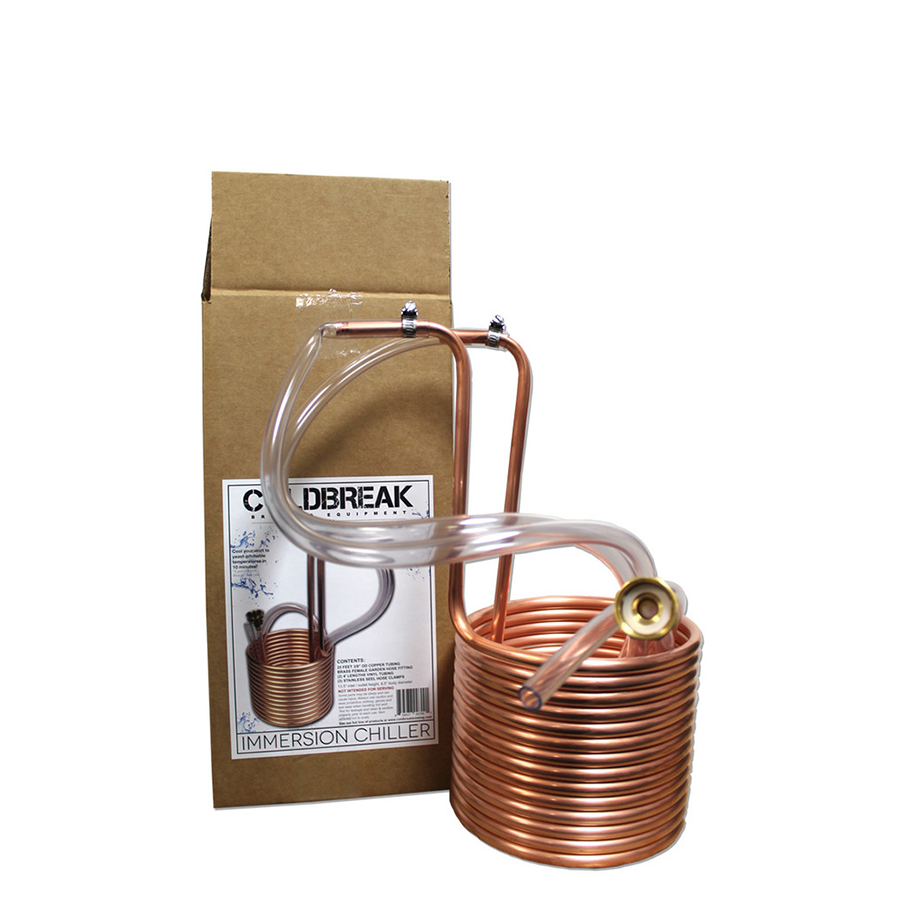 Wort Chillers and Thermometers
Wort Chillers and Thermometers
Wort Chillers and Thermometers are long term investments. It is important to chill your Toasted Coconut Stout wort quickly. The quicker you chill it the stronger the cold break will be. You also need a good thermometer that reads fast temperature fluctuations.
Auto-siphons are a great luxury item to have in your brew equipment. Once you have one you will never go without it again. Don't forget to use a heavy duty sanitizer to clean it since you don't want to replace it as often as hoses. A good sanitizer for that job is Five Star San.
The fermenter pictured here is standard for a 5 gallon beer kit.
Many people reuse their hoses for far too long. Replacing your hoses often or even using as single use items is highly recommended with beer making. Hoses are very hard to clean and beer is very susceptible to bacterial infection. You do not want to risk losing your Toasted Coconut Stout over a few feet of unsanitary hose.
Pouring your wort into a carboy can be tricky. Use a big funnel made just for the job. They even have different mesh screens to remove particles.
It is recommended to replace airlocks often. Because they never physically touch the beer, the sanitation risk is too often overlooked. Bacteria can spread without physical contact in a closed environment and plastic stubbornly harbors bacteria.
Bungs and stoppers should also be periodically replaced. They can dry out and harbor bacteria.
Keeping your carboy clean before and after use is key to avoid bacterial infection in your beer. A carboy brush is a great tool to get into those nooks and crannies.
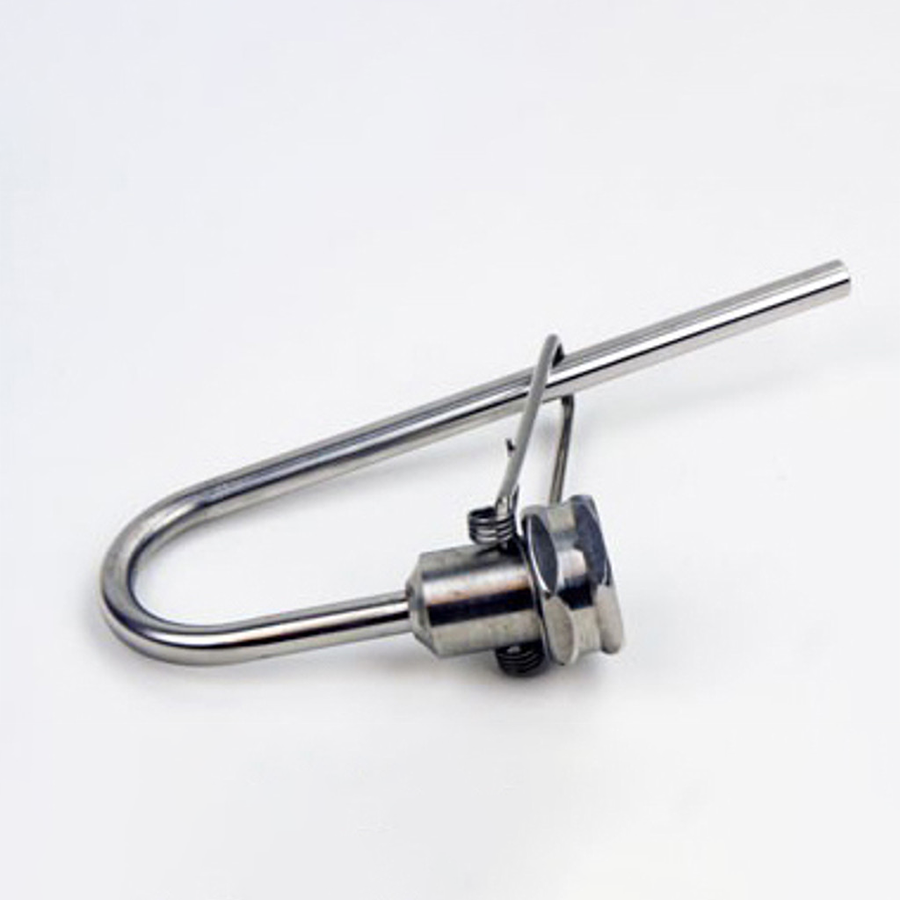 Stainless Steel Carboy and Bottle Washer
Stainless Steel Carboy and Bottle Washer
Stainless Steel Carboy and Bottle Washer is a convenient way of cleaning your bottles and/or carboys. This high quality tool will come in handy. Hooks up straight to your faucet with the bottle washer adapter (#4804) and puts out plenty of pressure to clean those stubborn stains from beer bottles that have been sitting around.
When you bottle your Toasted Coconut Stout, you will need to cap your bottles. This capper is inexpensive, easy to use and does not require attaching to a counter. It has a magnet to hold the cap in place.

DID YOU KNOW
By the mid-16th century, people in England were increasingly demanding regular strawberry farming due to its purported medicinal properties. This prompted botanists to start giving the different species names and references to the cultivation of the strawberry became more common.







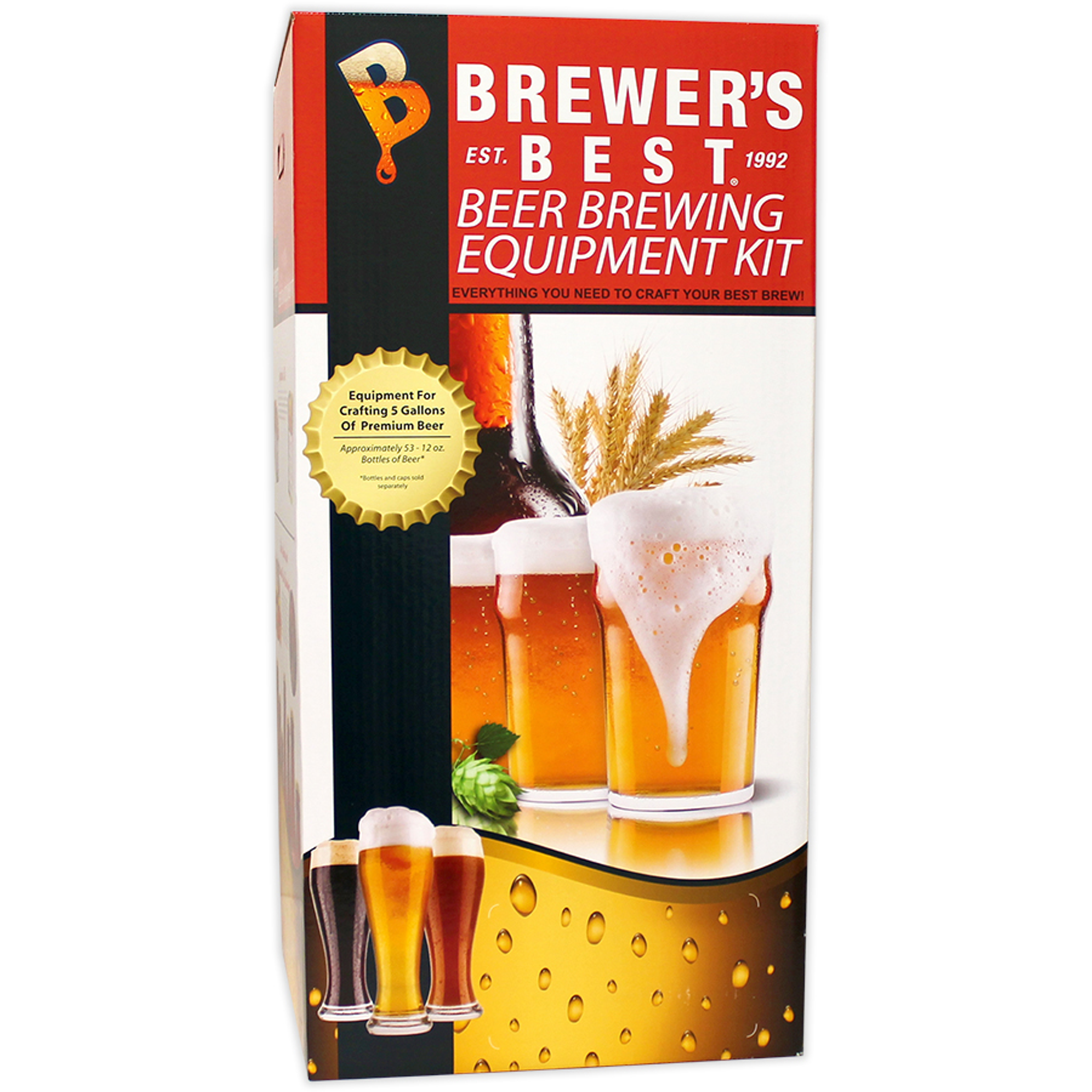
 Sanitizer
Sanitizer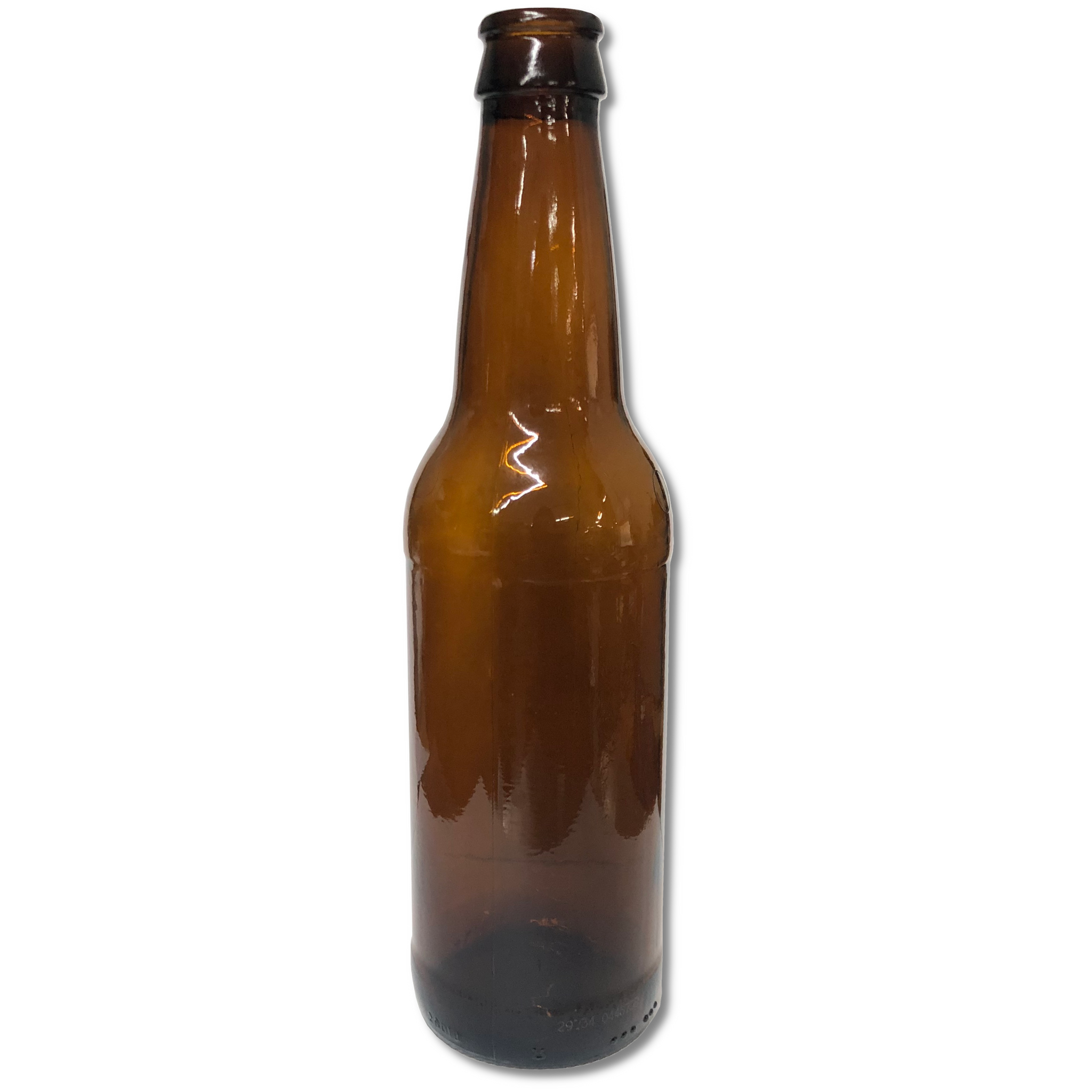 Bottles
Bottles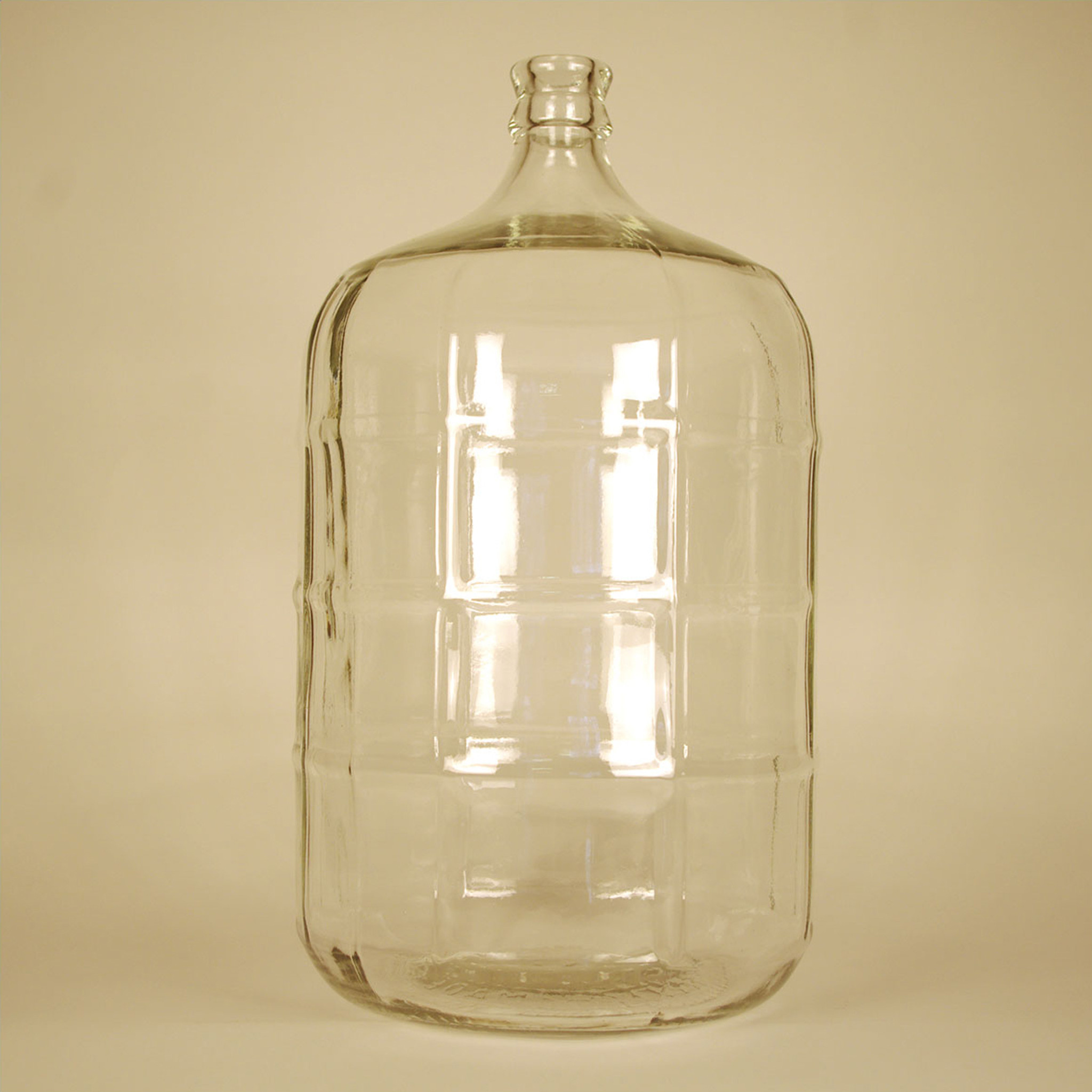
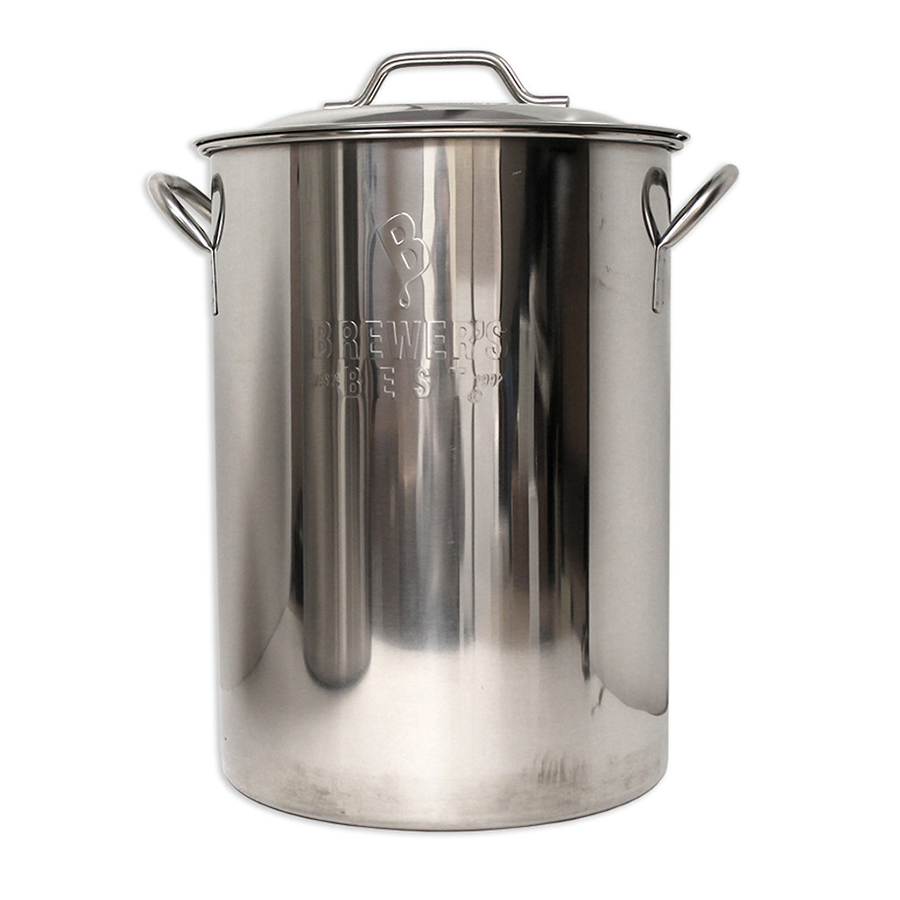 Brew Pots
Brew Pots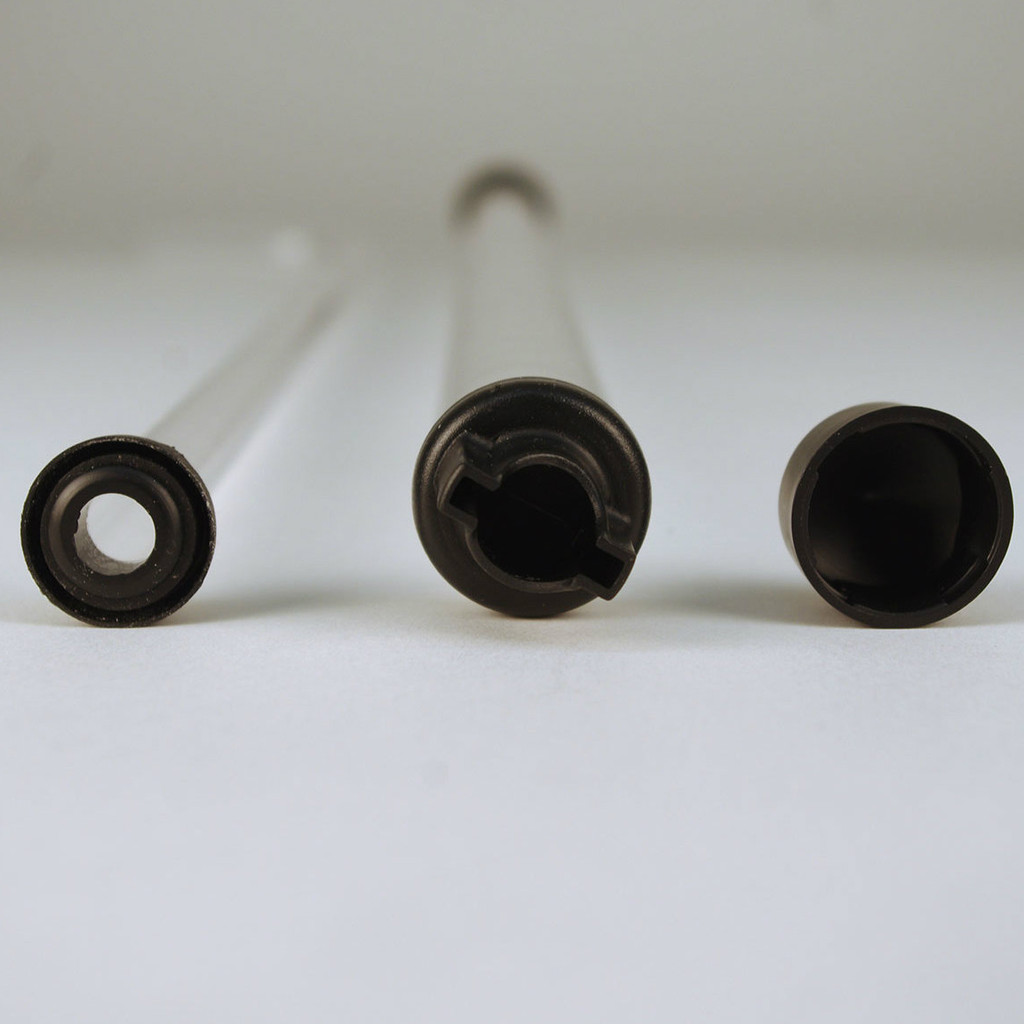 Siphons
Siphons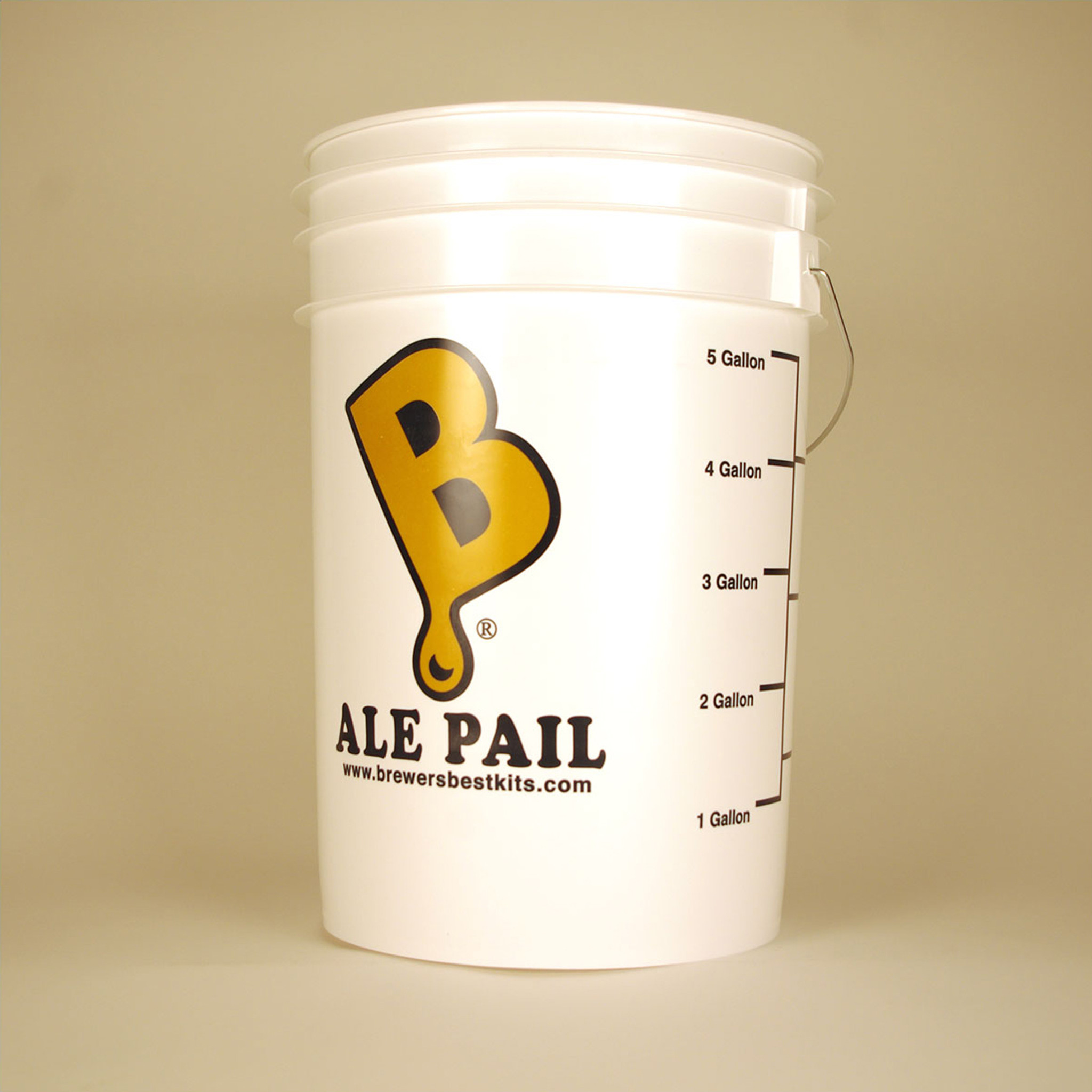
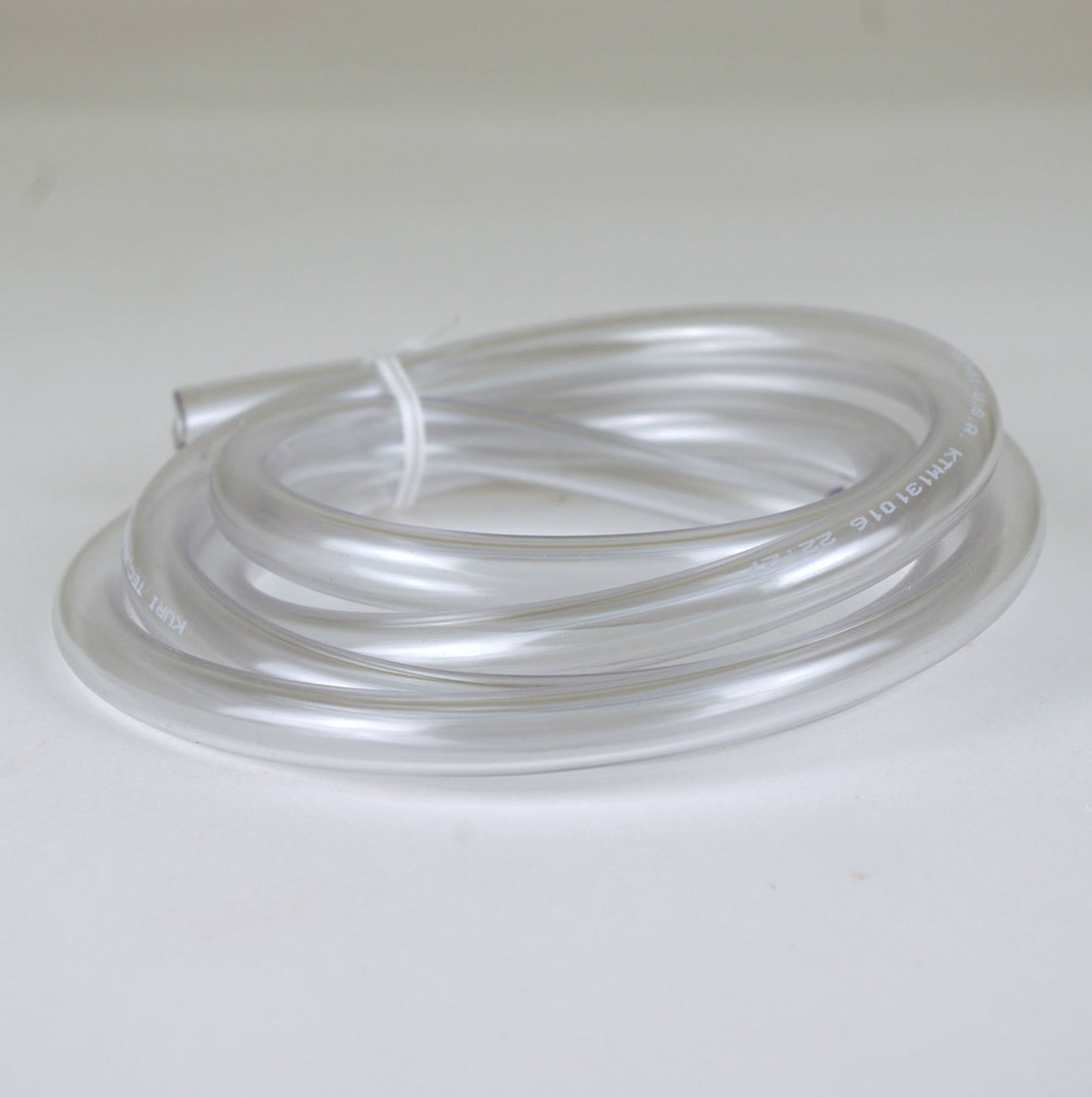 Hoses
Hoses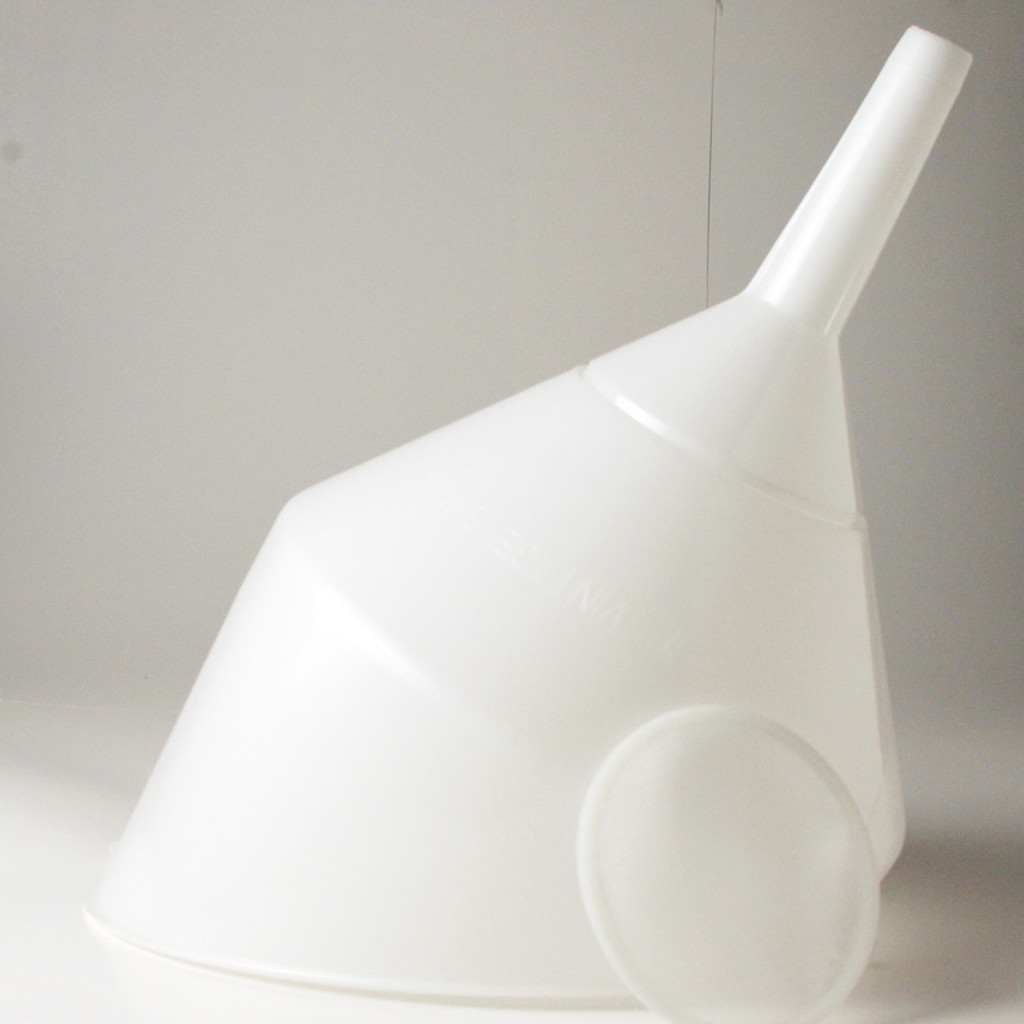 Funnels
Funnels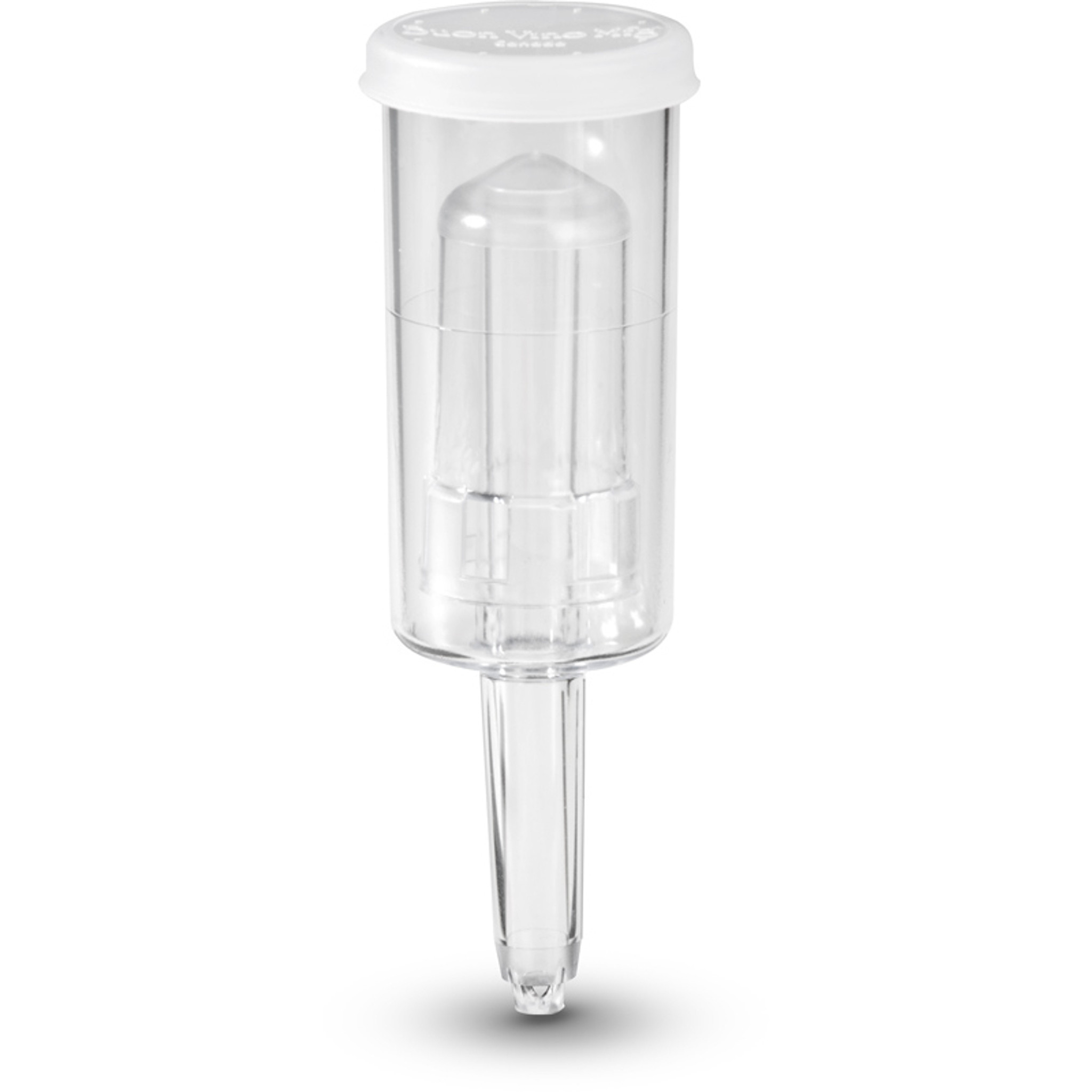 Airlocks
Airlocks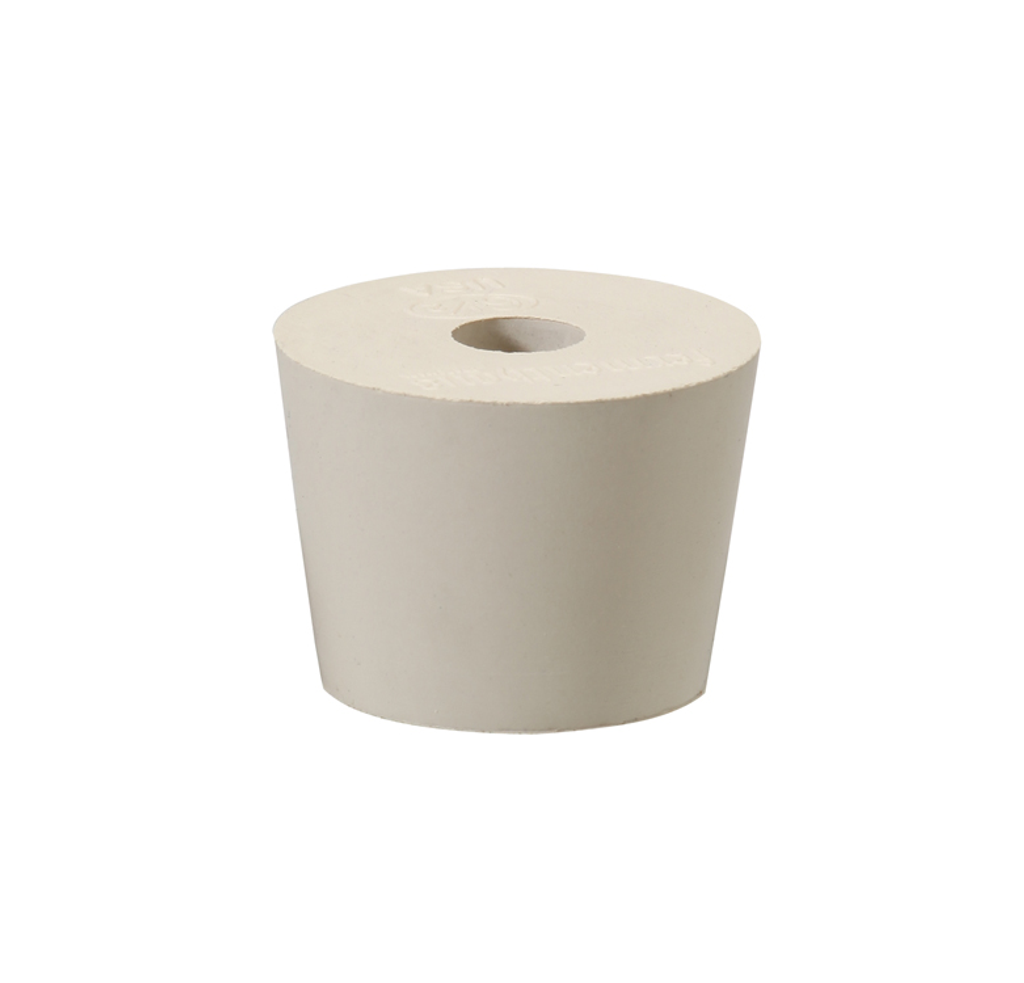

 Capper
Capper
